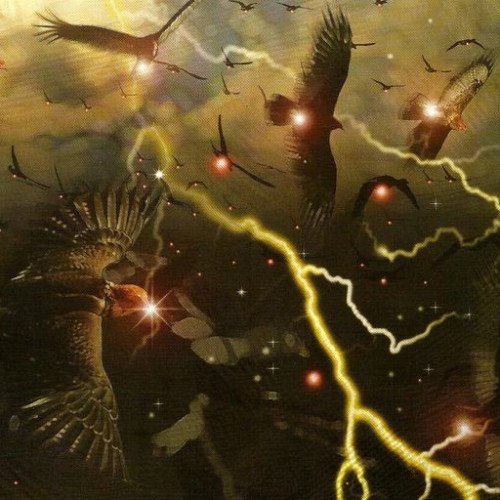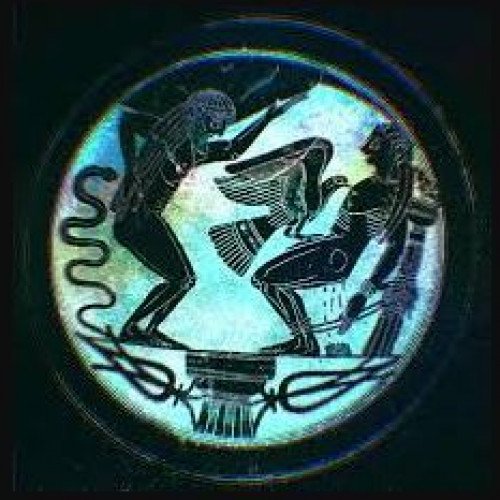Ababil (mythology) VS Aethon

Ababil (mythology)
Ababil (Arabic: أبابيل, romanized: abābīl) means a flock of birds. It refers to the miraculous birds in Islamic belief mentioned in Sura 105 of the Quran that protected the Kaaba in Mecca from the Aksumite elephant army of Abraha, then self-styled governor of Himyar, by dropping small clay stones on them as they approached. In the translation of sahih international, the phrase "tayran abābīl(a)"(طَيْرًا أَبَابِيلَ) is translated as "Birds in flocks" that is mentioned in the verse 105:3. The event is said to have occurred in 570, the year that the Islamic prophet Muhammad was born.
Statistics for this Xoptio

Aethon
The ancient Greek word aithôn means "burning", "blazing" or "shining." Less strictly, it can denote the colour red-brown, or "tawny." It is an epithet sometimes applied to animals such as horses at Hom. Il. 2.839 ; oxen at Od.18.372; and an eagle at Il. 15.690 (cf. Hyginus' calling the eagle that tormented Prometheus an aethonem aquilam at Fabulae 31.5.). The eagle who tormented Prometheus, Aethon, was the child of the monsters Typhon and Echidna. In English, aithôn may be written Aethon, Aithon or Ethon. In Greek and Roman mythology there are a number of characters known as Aethon. Most are horses, variously belonging to: Helios Ares Hector Pallas Hades (Claudian)The name is twice applied to humans. In Odyssey 19.183, it is the pseudonym a disguised Odysseus assumes during his interview with Penelope upon his return to Ithaca. According to fr. 43a.5 of Hesiod's Catalogue of Women, Erysichthon of Thessaly was also known as Aethon due to the "burning" hunger (aithôn limos) he was made to endure by Demeter.